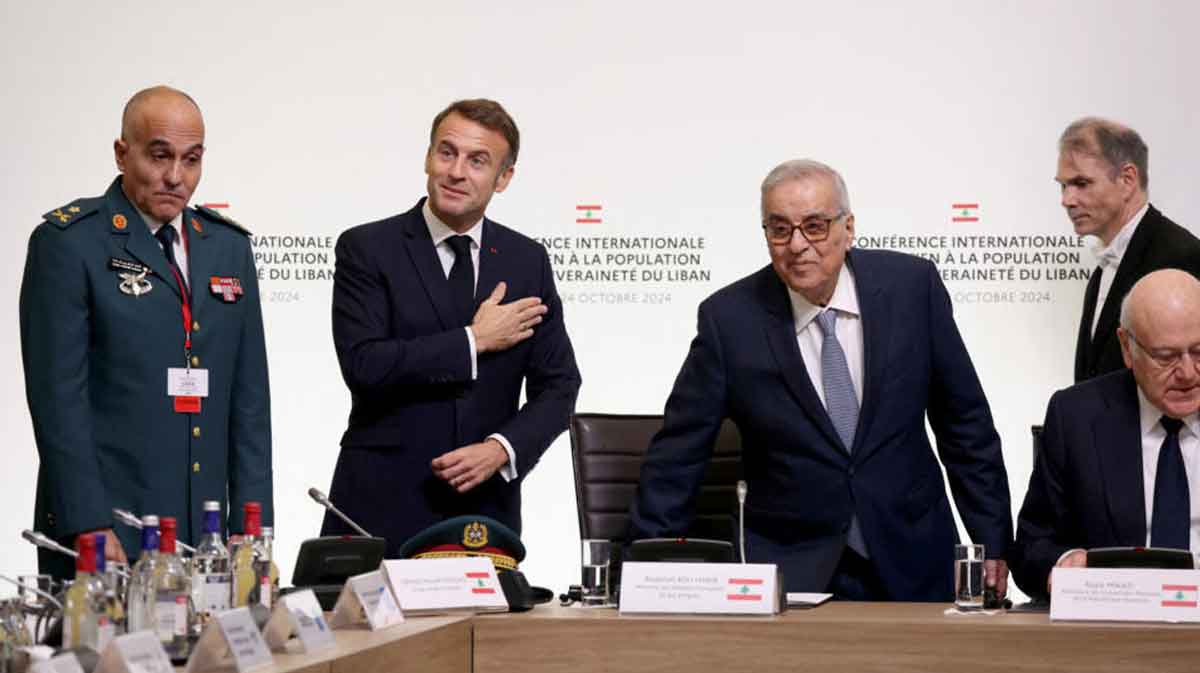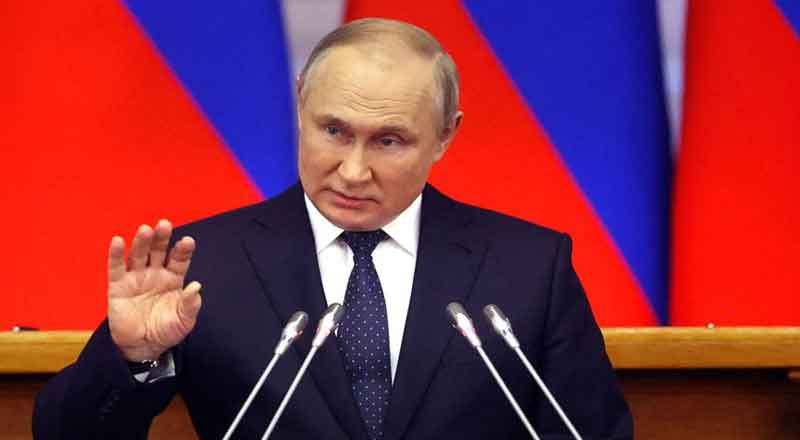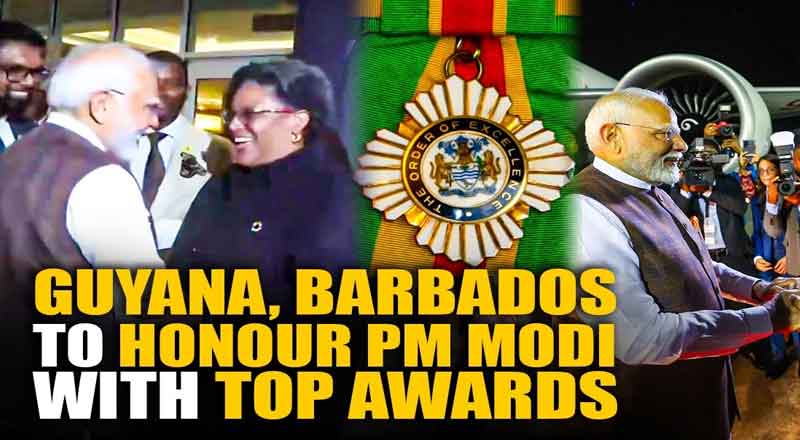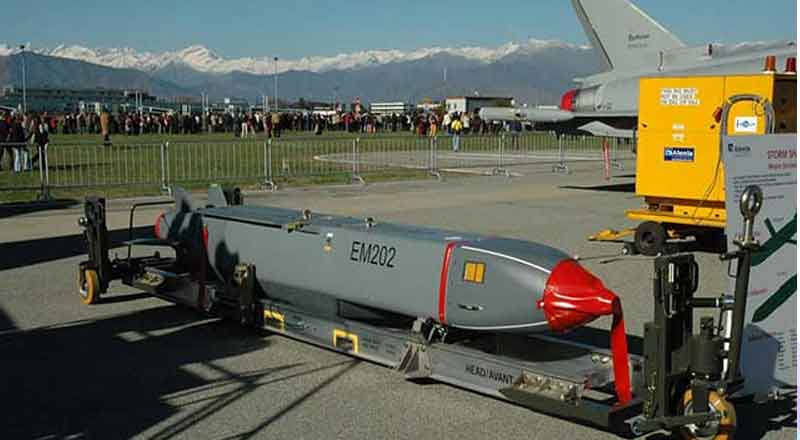Escalating Conflict in Lebanon
The ongoing conflict between Israel and Hezbollah continues to spiral, claiming lives and causing widespread devastation in Lebanon. Amid this turmoil, France is stepping up its support for Lebanon, offering both financial aid and backing for the Lebanese military in a bid to stabilize the situation. French President Emmanuel Macron announced a $100 million aid package for Lebanon, aimed at assisting displaced populations and supporting efforts to resolve the conflict diplomatically.
Israeli Strike on Lebanese Troops
In the early hours of Thursday, an Israeli airstrike killed three Lebanese soldiers near the village of Yater in southern Lebanon. According to the Lebanese army, the soldiers were evacuating wounded civilians when the strike occurred. Israel has yet to comment on the incident, though the region has been heavily targeted in recent Israeli operations against Hezbollah, the Iranian-backed militant group. The area is part of the border region that has seen intense fighting as the conflict between Israel and Hezbollah escalates in response to the war in Gaza.
France’s Response: $100 Million Aid and Military Support
At an international conference held in Paris, French President Emmanuel Macron announced that France would provide €100 million ($106 million) in aid to Lebanon. The funds are part of a broader €500 million ($540 million) effort to assist displaced people and stabilize the country. “The war must end as soon as possible,” Macron declared, emphasizing that continued violence will not bring security to the region. France also rallied international support for Lebanon’s military, which is seen as a crucial force in maintaining peace in the country’s fragile political landscape.
The Paris conference aimed to gather both humanitarian aid and military support for Lebanon. The Lebanese army, a key player in the country’s peace efforts, has historically struggled to assert control in Hezbollah-dominated areas. However, its role is vital, particularly as part of the United Nations Security Council’s Resolution 1701, which calls for peacekeeping efforts in southern Lebanon.
The Importance of the Lebanese Army
The Lebanese army is one of the few institutions in Lebanon that draws recruits from all of the country’s sectarian communities, giving it a unique role as a stabilizing force. Its deployment in southern Lebanon is considered key to enforcing UN Resolution 1701, which brought an end to the 2006 war between Hezbollah and Israel. France’s support for the recruitment of 6,000 new soldiers and the provision of essential supplies to the army highlights the international community’s belief that the Lebanese military can help mediate a resolution to the ongoing conflict.
Lebanon’s caretaker Prime Minister Najib Mikati has expressed his government’s willingness to deploy 8,000 soldiers as part of a ceasefire plan but has called for international financial and logistical support to make this feasible. He described the current crisis as “unlike any other,” warning that it threatens the destruction of not just Lebanon but fundamental human values.
U.S. Concerns Over Strikes on Lebanese Forces
While France leads efforts to support Lebanon, the United States has also expressed concerns about the situation. U.S. Defense Secretary Lloyd Austin urged his Israeli counterpart to take steps to ensure the safety of Lebanese forces and United Nations peacekeepers. Washington is particularly worried about the impact of Israeli strikes on the Lebanese army, which has received support from the U.S. in the past.
Hezbollah’s Escalation and Israeli Retaliation
Hezbollah, which has long been a formidable adversary for Israel, has faced severe losses in recent weeks, including the death of its leader, Sayyed Hassan Nasrallah, in an Israeli airstrike. Israeli forces have continued to target Hezbollah strongholds in southern Lebanon, the Bekaa Valley, and Beirut’s suburbs, resulting in extensive damage. On Thursday, Hezbollah fighters clashed with Israeli troops in the border town of Aita Al-Shaab, while Hezbollah continued its rocket attacks into northern Israel.
Israel has responded by intensifying its airstrikes. The Israeli military reported that it had struck over 160 Hezbollah targets, including launch sites and military infrastructure, in southern Lebanon. In northern Israel, residents heard air raid sirens as Israeli defense intercepted several rockets launched by Hezbollah, resulting in minimal damage but escalating tensions.
France Calls for a Ceasefire
At the Paris conference, President Macron called for an immediate ceasefire in Lebanon. “More damage, more victims, more strikes will not enable the end of terrorism or ensure security for everyone,” Macron said. He stressed the importance of using diplomatic means to resolve the conflict and reaffirmed that the Paris meeting would reiterate the importance of UN Resolution 1701 as the foundation for ending hostilities.
Broader Impact: Gaza Conflict and Regional Stability
The Lebanese conflict is deeply intertwined with the ongoing war in Gaza. Israeli airstrikes have killed more than 42,000 people in Gaza since October 2023, according to local health authorities. The conflict was ignited by a Hamas-led attack that resulted in over 1,200 Israeli deaths and the abduction of 250 people. While U.S. Secretary of State Antony Blinken has been actively working to end the fighting in both Gaza and Lebanon, he did not attend the Paris meeting, underscoring the complexity of the regional crisis.
Lebanon’s Uncertain Future
Lebanon faces an uncertain future as the conflict between Israel and Hezbollah continues to rage. With more than 2,500 people dead and over one million displaced, the country is struggling to cope with the devastation. International efforts, led by France, aim to provide both humanitarian relief and military support, but much depends on the willingness of both sides to come to the negotiating table.
As Israel’s strikes intensify and Hezbollah continues its rocket attacks, the possibility of a peaceful resolution remains elusive. The international community, including leaders like Macron, continue to push for an end to the violence, but the path forward is fraught with challenges. Lebanon’s army, backed by international aid, may yet play a pivotal role in stabilizing the region and ensuring that the fragile peace established by UN Resolution 1701 can be upheld.
(With inputs from agencies)





